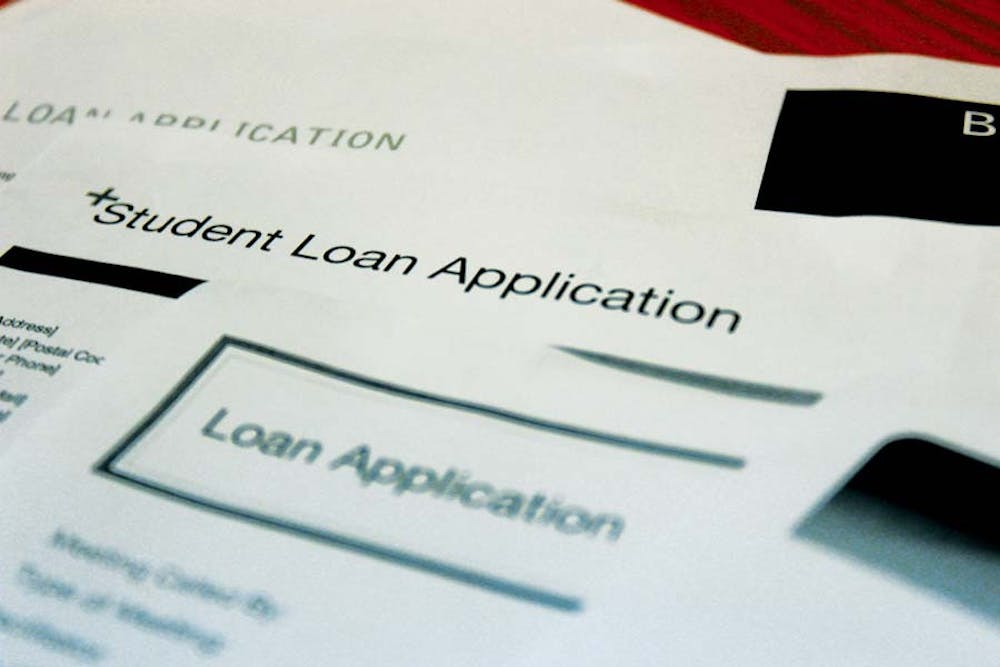Congressional action has lowered student loan rates for American college students.
On Wednesday night, Congress approved legislation that would tie student loan interest rates to the 10-year yield on a Treasury bond. This year, that means that undergraduate loans will go for 3.9 percent.
The U.S. House of Representatives vote yesterday passed by 392-31. It came a week after the Senate voted, 81-18, on the same bill. It has been sent to President Obama for his approval, or veto.
This new plan lowers the rate from 6.8 percent, a rate which was reached through Congressional inaction earlier this summer.
Related: Loan rate increase affects Penn students
A White House statement released before the bill was ratified showed support for the plan and indicated that President Obama will sign the bill.
Borrowing students let out a sigh of relief at the announcement.
“I’m so relieved,” said rising Engineering senior Irene Jadic. “I have no choice … even if they had kept it doubled, I would have had to deal with it.”
Related
7/2/13: Student loan interest rates increases will affect Penn borrowers
5/29/13: Student loans to see possible interest rate doubling
Rising Nursing junior Heather Harper concurred. “I don’t think this will affect my decisions [on borrowing]. I have to borrow money to get through school,” she said.
“If this had happened three years ago, it might have affected where I went to school,” Harper added.
Marlene Bruno, a spokeswoman for the Office of Student Financial Aid, maintained that Penn students will benefit from the University’s progressive “no-loans” policy.
“The no-loan policy at Penn will not be impacted by a change in the Federal Direct Loan interest rate rise,” she said in an email.
Republicans were pleased with the bill, mostly because it closely resembles the bipartisan plan developed by President Obama and House Republicans earlier this year. Speaker John Boehner, in a statement released after the Senate’s passage, said, “I’m pleased that Senate Democrats finally joined Republicans to pass a bill to provide a permanent, market-based solution on student loans.”
Despite the partisan harmony, this new bill is not a panacea. Many of the 18 dissenting votes came from liberal Democrats, like former Penn professor Elizabeth Warren (D-Mass.), who took to Twitter to vent her frustration.
“I won’t support a teaser rate on student loans that raises interest rates & squeezes even more profits out of our kids. This is a bad deal,” she said.
Warren’s alternative plan for student loan rates gained attention earlier this summer when she proposed to set them equal to the rates charged by the Federal Reserve to banks — 0.75 percent.
One major criticism of this bill is that, because the rate is tied to the Treasury yield, rates will be variable. And many economic forecasters predict that with an improving economy, Treasury yields will also increase. However, once a student begins borrowing, the rate at which they begin borrowing is the rate they will pay until the loan is paid in full.
To that end, Warren and Sen. Jack Reed (D-R.I.) introduced an amendment that would cap rates at 6.8 percent. But it failed, as did others that would only keep the provision in effect for two years.
Sen. Tom Harkin (D-Iowa), who heads the Education Committee, made it clear that this wasn’t the end of the issue, though.
“This discussion will continue,” he said.



